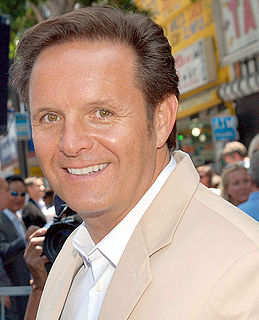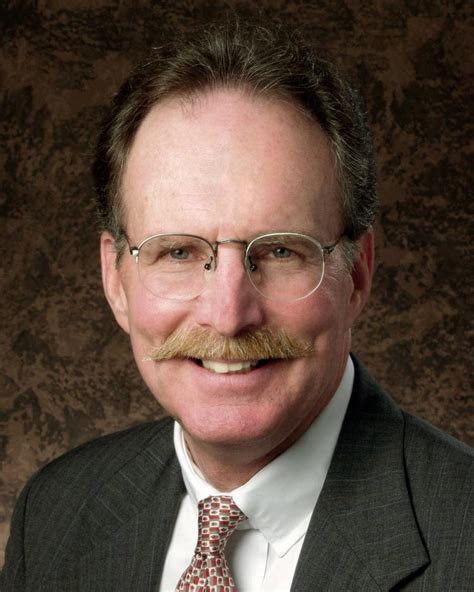A Quote by Orson Welles
Each multiplex has screens allocated to each studio. The screens need filling. Studios have to create product to fill their screen, and the amount of good product is limited.
Related Quotes
What I try very hard to do is have an hour or so in the morning when I leave the house and don't have my phone with me. I'll go sit in a cafe and read and handwrite in my notebook and not be facing a screen. My head will be clear. I will be able to hear myself think. Because honestly for the rest of the day it's just screens, screens, screens.
We don't believe in limiting access to our product. We believe that making our ticket sales available on as many sites as possible is good for the studios and good for us. We have on any given day 25,000 show starts - five show times at 5,000 screens. We have 1M seats more or less in our circuit. So I have 25M sales opportunities every single day. Why would I want to limit access?
There has been a stigma around letting movies be seen on home screens on the same day as theatrical screens. Universal said they were going to do it with 'Tower Heist,' but they backed off when challenged by the theater owners. I understand where the theater owners are coming from on big studio movies.
To improve global health, it's not enough just to have a really good new product and to obtain marketing approval. You still need to market the product and bring it to patients, follow up, create the infrastructure, and so on - the whole pipeline, the network. That's something that companies are extremely good at: organizing a whole pipeline in a cost-effective way.




































